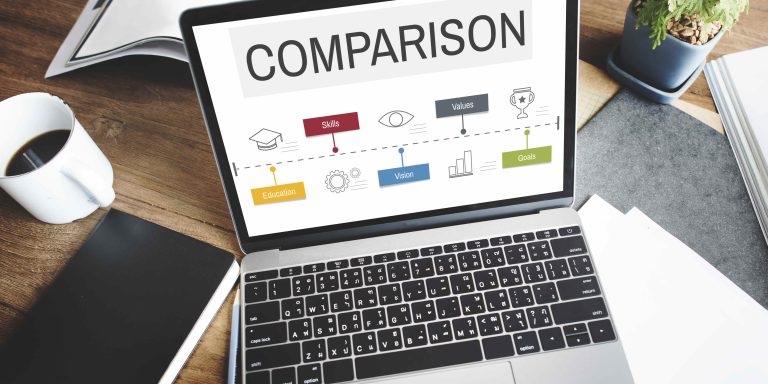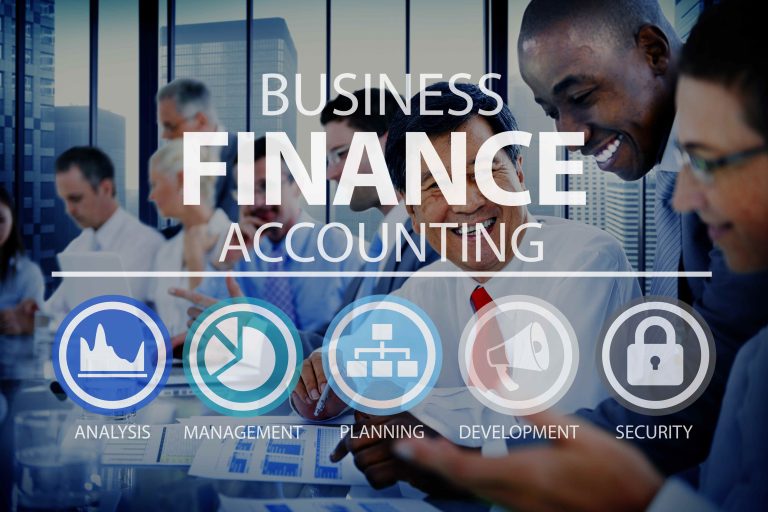How would you score yourself in managing your business (and personal) finances? Out of 10.
Now let’s define that. To score 10/10 have you got up-to-date bookkeeping, monthly profit and loss (or management accounts) and balance sheet within ten days of the period end, a 12-month rolling forecast, and a five-year financial plan? If you score more than 8/10, well done, what are you going to do now to get to 10/10? Many business owners will struggle to score above 2/10.
Managing your business finances effectively is one of the most critical aspects of running a successful business. Without proper financial management, it’s easy to overspend, fall behind on bills, and ultimately jeopardise the health and longevity of your business. But with the right strategies in place, you can stay on top of your finances, avoid costly mistakes, and build a solid foundation for future growth.
Here are some effective strategies for managing your business finances:
Separate Personal and Business Finances
One of the biggest mistakes that business owners make is failing to separate their personal and business finances. This can lead to confusion and make it difficult to track your business’s financial health.
To avoid this, open a separate business bank account and use it exclusively for your business transactions. This will make it easier to track your income and expenses, and to use accounting software merged with your business account transactions. You will ensure that you’re not mixing personal and business funds.
Keep accurate records and generate a monthly P&L and balance sheet
The most crucial aspect of managing your business finances is keeping accurate records. You need to know where your money is coming from and where it’s going. This includes tracking your income, expenses, and investments. There are several software solutions available that can help you with this, including QuickBooks, FreshBooks, and Xero. They are all easy to use and integrate with many other business software applications.

From this, you can get a monthly profit and loss account and balance sheet at the end of every month, which you should analyse to understand performance. You should be able to easily analyse your gross profit margin, your fixed costs (overheads),+ and net profit. Once you understand what these are in your business you can easily calculate your monthly breakeven points for profit and cash. These are important numbers to have.
It’s also essential to keep all of your receipts and invoices organized. This way, you’ll be able to easily access them when it’s time to file your taxes or review your finances. These can also be organised and stored digitally.
Focus on Profitability

Ultimately, the goal of any business is to make a profit. It’s essential to focus on profitability and regularly review your financial statements to ensure that you’re on track.
One key metric to monitor is your gross profit margin, which measures the percentage of revenue that remains after deducting the cost of goods sold. This can help you identify areas where you may be overspending and find ways to improve your profitability over time.
Set a budget and maintain a 12-month rolling cash flow forecast
Someone once said to me… “The beauty about not knowing where you are going is that you don’t have to worry about the articulated lorry that is about to flatten you!” Now if you could see that lorry coming, you would surely try to steer out of its way. The same applies to your business.
A fundamental strategy for managing your business finances is to set a budget and maintain a 12-month rolling cash flow forecast. If you cannot see where your future cash position is going, how can you make any realistic business decisions? If the forecast tells you that there is a cash flow problem coming, then you can take action to prevent that. If you don’t know it is coming, then you are unlikely to take preventative action. If you need to worry about cash flow in your business, worry about what you know, not what you don’t know.
Having a budget helps you control spending and should prevent you from overspending. When creating your budget, make sure to include all of your fixed and variable expenses, such as rent, utilities, payroll, and supplies. If you have existing accounting software such as Xero or Quickbooks, you can use forecasting add-on tools to help you or download your P&L into a spreadsheet to create the budget and forecast going forward. If you use the ActionPLAN software, again you can merge your actual numbers with the forecasting tool in ActionPLAN.
Cash flow is the lifeblood of any business. It’s essential to monitor your cash flow regularly to ensure that you have enough money coming in to cover your expenses, so update it monthly, or even weekly if cash headroom is tight.
Compare actuals to budget
Once you have a budget, you should make a habit of comparing the actuals against the budget every month and l to look at the variances, and then address the questions that raises.
It’s also important to review your budget regularly and make adjustments as needed. If you find that you’re consistently overspending in one area, for example, you may need to cut back or find ways to reduce costs, or if this is not possible, adjust the budget and cash flow forecast accordingly.

Join the NoLimits Business Community
Are you a business owner looking to take your business to the next level? Join our innovative community of like-minded professionals and gain access to a wealth of valuable resources, including a community portal to chat with other business owners, ebooks, business development software, and growth events that will transform the way you do business. Best of all, these resources are completely free and will be available to you forever.
But the benefits of joining our NoLimits business community don’t stop there. By becoming part of our community, you’ll have the opportunity to connect with other business owners, share insights and ideas, and build valuable relationships that will help your business thrive. Don’t miss out on this amazing opportunity to supercharge your business and join us today!
Plan for Taxes
Taxes are a significant and lumpy expense for most businesses. Whether it is quarterly VAT or annual corporation tax, these tend to be big lumps of cash going out of the business. To avoid any surprises, it’s essential to plan ahead and set aside funds to settle these, maybe by having a separate account receiving a monthly amount if you are not running a tightly controlled cash flow forecast.
One effective strategy is to work with an accountant or tax professional to develop a tax plan that takes into account your business’s unique needs and circumstances. This can help you minimise your tax liability and ensure that you’re fully compliant with all tax laws and regulations.
Automate Your Finances
Automating your finances can be a great way to save time and reduce the risk of errors. For example, you can set up automatic bill payments to ensure that you never miss a payment or incur late fees.
You can also use accounting software to automate tasks such as invoicing and payroll. This can help you streamline your processes and free up time to focus on other aspects of your business.

Have a 5-year financial plan
What are the five-year goals for your business? Write them down and then build a financial forecast showing how you are going to achieve them. This will help you build the business plan and identify the things you need to achieve to deliver the plan. It will also show you where you might have cash flow issues and when you might be able to take earnings from the business. All are subject to delivering the strategy and plan. Once you have prepared this plan and the five-year forecast, the likelihood of you achieving your five-year goals has increased significantly. Then review progress and update the five-year forecast annually or with any major business change.
Conclusion
Managing your business’ finances effectively is essential to the financial success of your business. A combination of good accurate record keeping, regular review of your Profit & Loss account combined with good budgeting, cash flow forecasting, and a strong five-year plan will deliver you a much stronger business.
By Tom Allchurch
Join the NoLimits Business Community
Are you a business owner looking to take your business to the next level? Join our innovative community of like-minded professionals and gain access to a wealth of valuable resources, including a community portal to chat with other business owners, ebooks, business development software, and growth events that will transform the way you do business. Best of all, these resources are completely free and will be available to you forever.
But the benefits of joining our NoLimits business community don’t stop there. By becoming part of our community, you’ll have the opportunity to connect with other business owners, share insights and ideas, and build valuable relationships that will help your business thrive. Don’t miss out on this amazing opportunity to supercharge your business and join us today!

